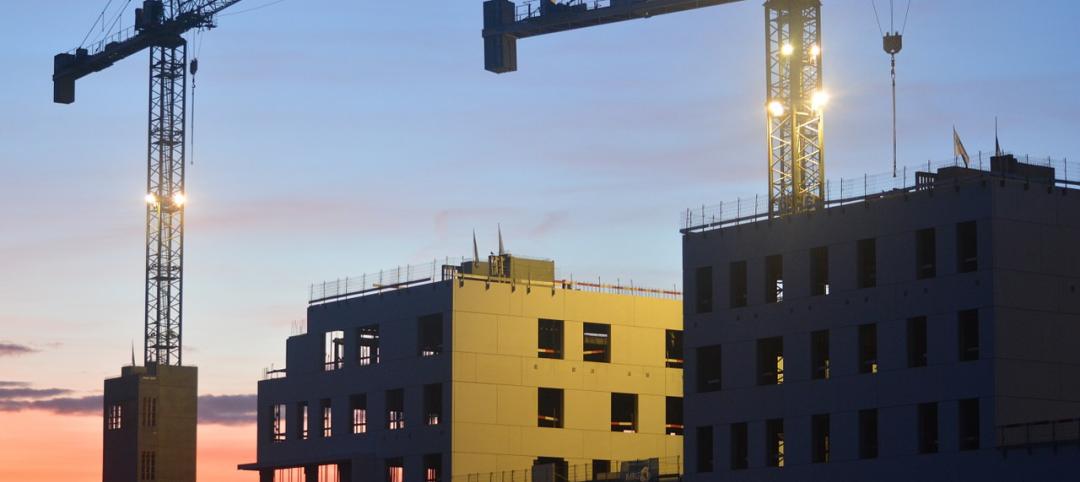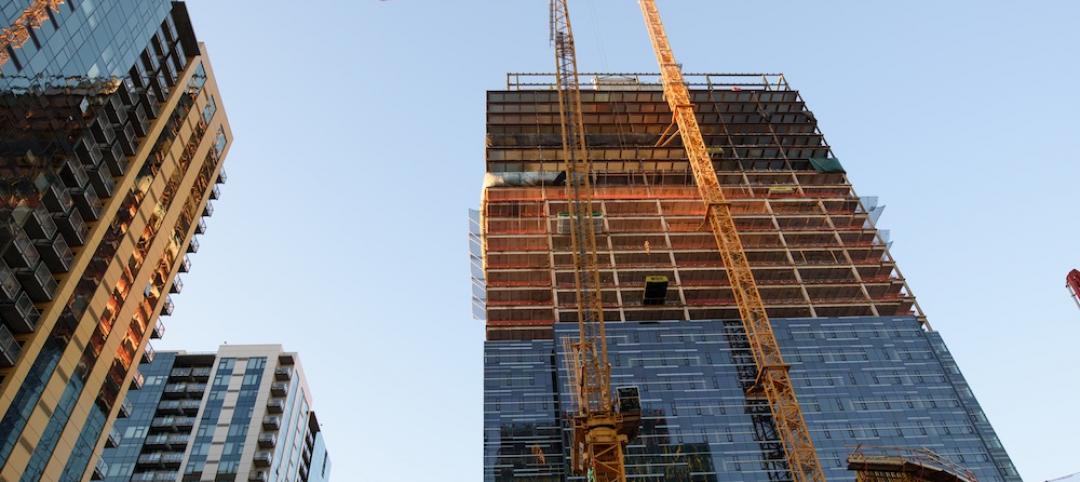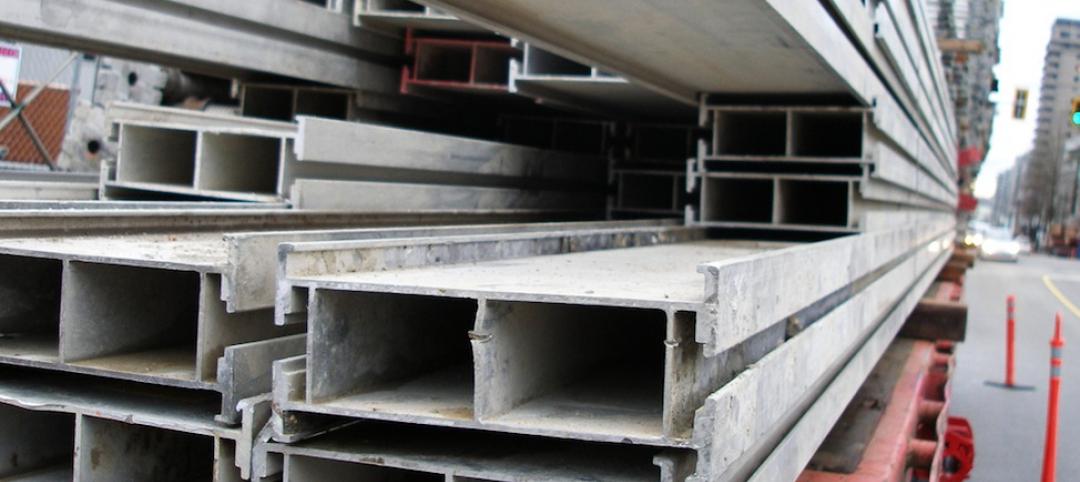Analysts at Lodging Econometrics (LE) report that at the close of the first quarter of 2020*, the top five U.S. markets with the largest total hotel construction pipelines are: Los Angeles with 166 projects/27,752 rooms; Dallas with 164 projects/19,999 rooms; New York City with 152 projects/26,111 rooms; Atlanta with 143 projects/19,423 rooms; and Houston with 132 projects/13,316 rooms.
Nationally, under construction project counts hit a new all-time high with 1,819 projects with 243,100 rooms. Markets with the greatest number of projects already in the ground are led by New York City with 108 projects/18,434 rooms. Atlanta follows with 48 projects/6,002 rooms, and then Dallas with 46 projects/5,603 rooms, Los Angeles with 43 projects/6,851 rooms, and Orlando with 39 projects/9,394 rooms. Collectively, these five markets account for 16% of the total number of projects currently under construction in the U.S.
In the first quarter, Dallas had the highest number of new projects announced into the pipeline with 13 projects/1,461 rooms. Washington DC follows with 8 projects/1,145 rooms, then Phoenix with 8 projects/904 rooms, Los Angeles with 7 projects/1,103 rooms, and Atlanta with 7 projects/774 rooms.
As has been widely reported, the majority of hotels across America are experiencing an extreme decrease in occupancy and some have even closed temporarily. Many companies are using this time to complete updates, plan or start renovations or reposition their assets. LE recorded renovation and conversion totals of 1,385 active projects/232,288 rooms in the first quarter of 2020. The markets with the largest count of renovation and conversion projects combined are Chicago with 32 projects/5,565 rooms, Washington DC with 26 projects/5,491 rooms, Los Angeles with 26 projects/4,271 rooms, New York City with 21 projects/8,151 rooms and San Diego with 21 projects/4,456 rooms.
FOOTNOTE:
*COVID-19 (coronavirus) did not have a full impact on first quarter 2020 U.S. results reported by LE. Only the last 30 days of the quarter were affected. LE’s market intelligence department has and will continue to gather the necessary global intelligence on the supply side of the lodging industry and make that information available to our subscribers. It is still early to predict the full impact of the outbreak on the lodging industry. We will have more information to report in the coming months.
Related Stories
Market Data | Feb 10, 2016
Nonresidential building starts and spending should see solid gains in 2016: Gilbane report
But finding skilled workers continues to be a problem and could inflate a project's costs.
Market Data | Feb 9, 2016
Cushman & Wakefield is bullish on U.S. economy and its property markets
Sees positive signs for construction and investment growth in warehouses, offices, and retail
Market Data | Feb 5, 2016
CMD/Oxford forecast: Nonresidential building growth will recover modestly in 2016
Increased government spending on infrastructure projects should help.
Market Data | Feb 4, 2016
Mortenson: Nonresidential construction costs expected to increase in six major metros
The Construction Cost Index, from Mortenson Construction, indicated rises between 3 and 4% on average.
Contractors | Feb 1, 2016
ABC: Tepid GDP growth a sign construction spending may sputter
Though the economy did not have a strong ending to 2015, the data does not suggest that nonresidential construction spending is set to decline.
Data Centers | Jan 28, 2016
Top 10 markets for data center construction
JLL’s latest outlook foresees a maturation in certain metros.
Market Data | Jan 20, 2016
Nonresidential building starts sag in 2015
CDM Research finds only a few positive signs among the leading sectors.
Market Data | Jan 20, 2016
Architecture Billings Index ends year on positive note
While volatility persists, architecture firms reported healthy performance for 2015.
Market Data | Jan 15, 2016
ABC: Construction material prices continue free fall in December
In December, construction material prices fell for the sixth consecutive month. Prices have declined 7.2% since peaking in August 2014.
Market Data | Jan 13, 2016
Morgan Stanley bucks gloom and doom, thinks U.S. economy has legs through 2020
Strong job growth and dwindling consumer debt give rise to hope.















